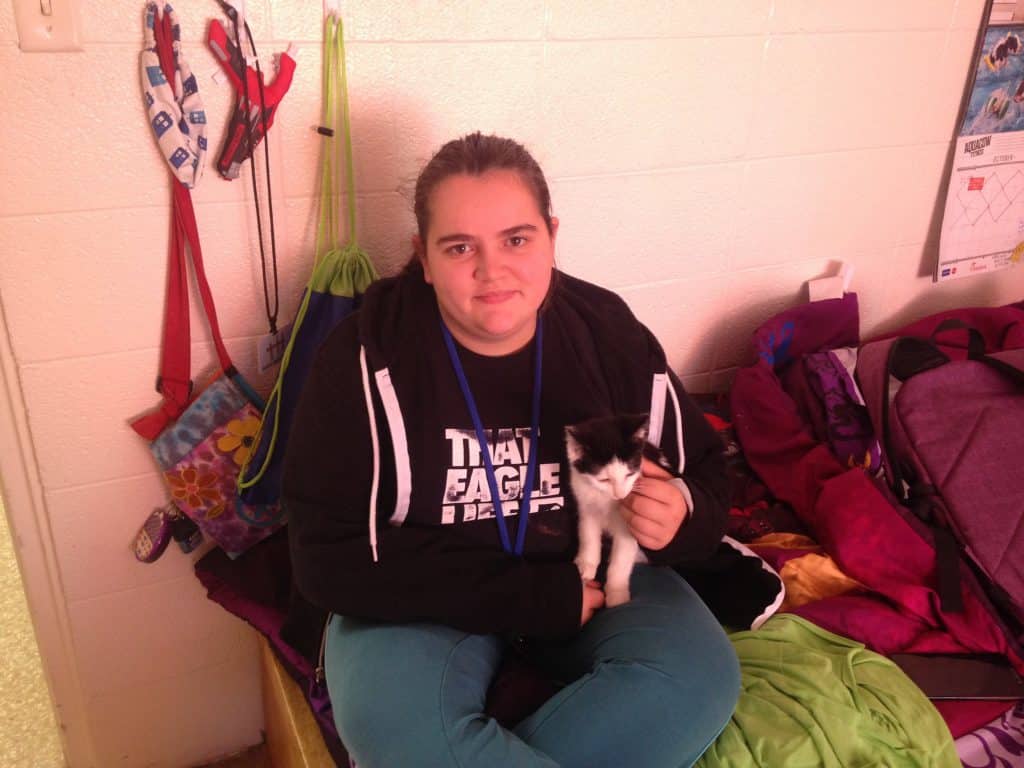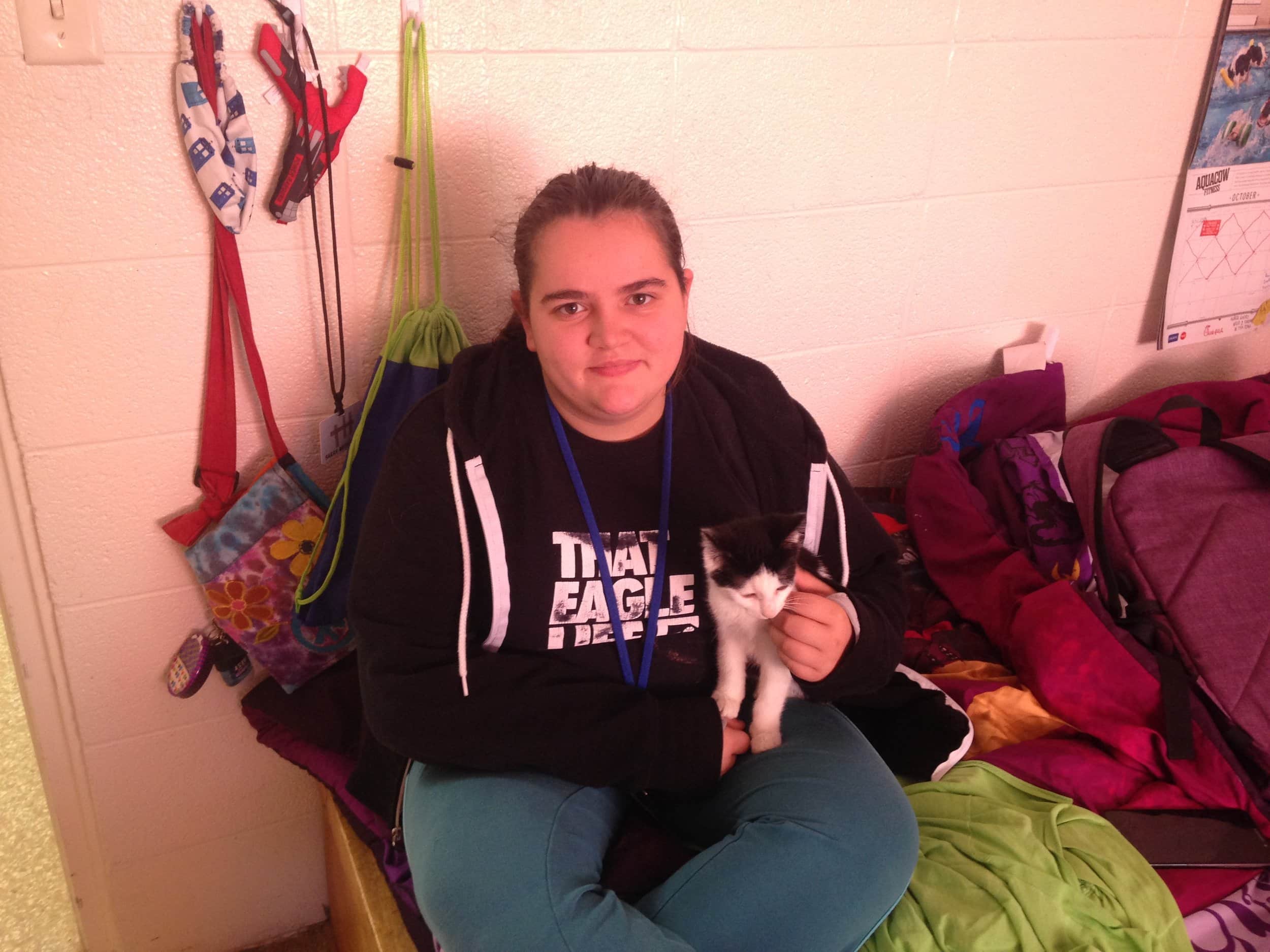
OPINION: Pets are allowed in the dorm (great?)
Jazmyne Boozer, Assistant Editor
The views and opinions expressed in this editorial are solely those of the original author(s) These views and opinions do not necessarily represent those of The Vision website or North Greenville University.
Assistance dogs we’ve heard of; but what about ESA’s?
Unlike assistance dogs, emotional support animals can be any animal that provides its caretaker with emotional support. These animals can range from dogs and cats, to lizards and turtles. With the rise in diagnosed cases of stress, anxiety, depression and ADHD; emotional support animals are becoming more prevalent. In correlation, there is a rise of students requesting for their ESA’s to be a part of their dorm life.
While this may seem like a good idea up front or on paper, there are other things that must be considered. For instance, those who are allergic to pet dander are more susceptible to allergic reactions with the presence of a furry animal. Although the best pet owner could be living next door or even a few doors down the hallway, it may not stop the allergens from seeping through cracks and crevices.
Not only this, but according to Fox News, pets are responsible for over $3 billion in damages per year. This is partially why renters have a strict “no pets” policy as it can bring down their property value. Accidents are bound to happen with the integration of people and animals, which must be taken into consideration. Pet stains and broken valuables must be accounted for when a college allows an animal into the dorm. Furthermore, cleanliness is a major issue with allowing therapy animals in the dorm. These issues can range from mere stains, to cleaning out habitats where the animal lives.
Lastly, one must consider the issue of an animal escaping and/or bringing harm to someone other than their owner, which could become a liability issue for the pet owner. Emotional support animals do not have to be professionally trained. They also do not have to be naturally social animals like dogs or cats. With a lack of regulations involved, things could easily get out of hand.
However, therapy animals can be for the good. Sarah Wetherbie, an NGU student and therapy pet owner states, “It is a comfort for me. Having my cat doctor around helps. They are a lot of fun to have around.”
Wetherbie’s kitten helps her relax and cope with the everyday stresses of life. For this, she had to fill out a special form to have him. Also, her suitemates and everyone on her hall signed a consent waiver that stated that they were fine with the presence of a therapy animal.
“They all really like her”, Sarah states.
As long as the therapy animal is taken care of and does not cause any unnecessary issues; it should be fine to have on campus.
The views and opinions expressed in this editorial are solely those of the original author(s) These views and opinions do not necessarily represent those of The Vision website or North Greenville University.

